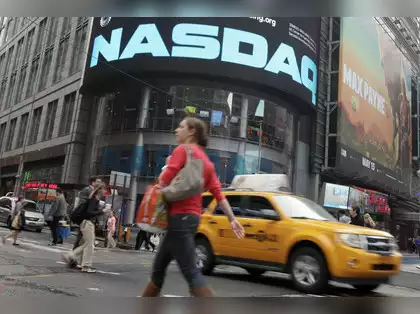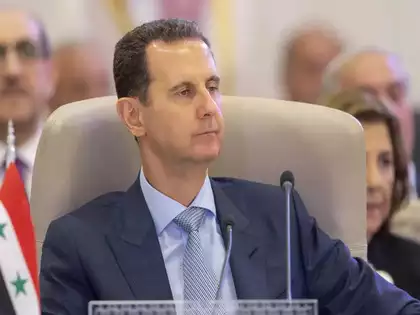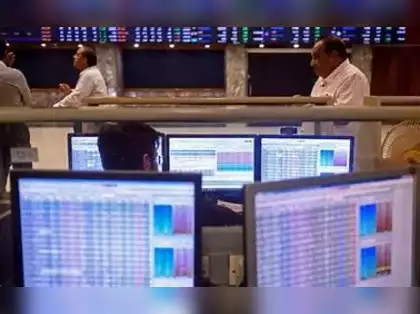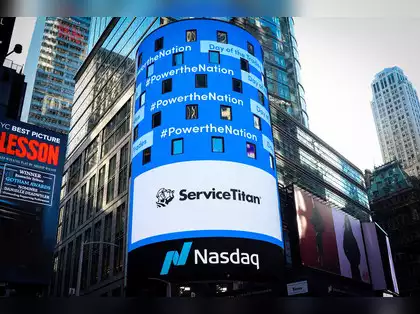MicroStrategy, a software company that also buys a lot of bitcoin, saw its stock price go up about 3% on Monday. This is because the company is joining the Nasdaq 100 index, a group of the biggest tech companies. Now, MicroStrategy will give investors indirect exposure to bitcoin since it owns $44 billion worth of it—around 2% of all bitcoin available.
With more funds wanting to invest in Nasdaq 100 companies, MicroStrategy’s stock could keep rising. The company’s stock has already shot up nearly 550% this year, thanks to the rising price of bitcoin. Matthew Dibb, an expert from Astronaut Capital, believes this could start a cycle where more money flows into bitcoin, pushing its price up even higher.
The Invesco QQQ Trust, the fifth largest U.S. exchange-traded fund (ETF), tracks the Nasdaq 100 and has $328 billion in assets. Bitcoin hit a record high of over $106,000 after Donald Trump suggested the U.S. might create a bitcoin reserve like it has for oil. Since adopting bitcoin as a key asset in 2020, MicroStrategy’s stock has gained 3,200%. This year alone, it has more than doubled its bitcoin holdings.
Despite recently reporting a net loss of $340 million for three months, MicroStrategy’s long-term plan is to buy and hold bitcoin, according to Bernstein analyst Gautam Chhugani. Their market value is now over $100 billion, more than double the value of their bitcoin stash. Other companies, like Riot Platforms and small biotech firms, are also investing in bitcoin.
This development in the Nasdaq 100 is significant for the crypto market, and experts expect there will be lots of discussions about MicroStrategy and its founder, Michael Saylor, in the future. Short sellers betting against MicroStrategy have collectively lost $9.7 billion this year. The Nasdaq 100 is also adding Palantir and Axon Enterprise while replacing Illumina, Super Micro, and Moderna. The new index will start trading on December 23, although Super Micro shares dropped by 9.5%.










